Tag Archives: communication
01 Mar Hold Onto the Memories

When you see Grandmother, is there a cell or cluster of cells in your brain that light up and say: “I recognize that face – It’s Grandmother!” The Grandmother cell theory suggests that there is such a cell or group of cells where that knowledge is explicitly stored. Earlier posts included a discussion of feature selectivity […]
28 Feb Sense-Perception and Memory
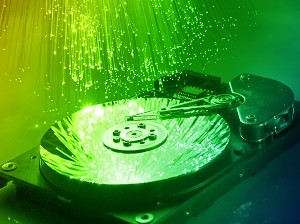
I Recall… Since we have been discussing learning in the past few posts, it seems appropriate to talk about memory here as well. Of course, we are talking about human memory, but computers can remember quite well, too. In fact memory is one of the few areas where it is universally agreed that computers are […]
27 Feb Chomsky, Locke and Aristotle on Learning Language
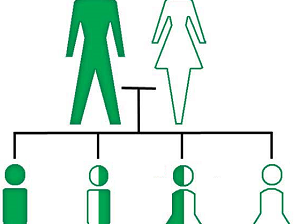
Inherited Abilities In systems design, there is a growing trend to “hard code” less into the system and leave more to be configured by the person or organization that is using the software. The growth of Rules and Workflow Engines that can be managed by non-technical users is prime evidence of this trend. And yet, the complex instruction […]
08 Feb Seeing Within: Proprioception for Robots
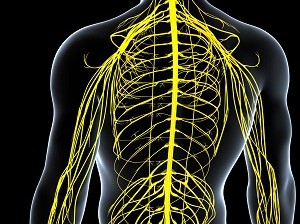
I saw a couple movies awhile back, “The Terminator” and “Terminator 2” in which artificial intelligence in computers became hazardous to the survival of humanity. One of the premises, as I recall, was that the critical event that lead to the disastrous attempt of man-made machines to destroy humanity, was when they became “self-aware”. This […]
04 Feb Body Language in Understanding

How much can you hear without a word being spoken? How often does something about a person’s face, posture or hand gestures completely contradict the “normal interpretation” of the words they speak, creating a sense of sarcasm or other indirect message? To what extent are the academy awards influenced by an actor’s ability to use […]
09 Jan What of Perception

Questions Cognitive Modelers Might Ask The biological and chemical processes associated with brain activity are the foundation on which our exploration of the cognitive mind is built. Yet the physiological underpinnings are not sufficient, in themselves, to lead us to the next cybernetic level. Too many questions are left unanswered. In this section of Understanding […]
30 Dec Context Models
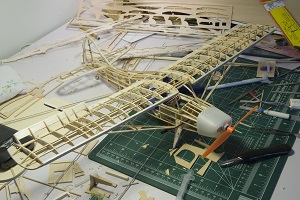
Building a Model The goals of the research that evolved into Understanding Context were twofold: to investigate human physiology/psychology for clues that would let us evaluate neuromorphic computational paradigms; and to explore the possibility of new computational models using context to correlate and associate concepts. Birds fly and they are lightweight. Building models of flight with lightweight materials works […]
25 Aug Learning from Brain Disorders
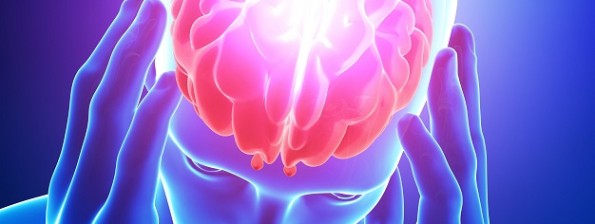
Serotonin Imbalance I am possessed of an orderly disorder. My “Obsessive-Compulsive Disorder” (OCD) compels me to make sure everything is lined up nicely. Do good managers benefit from a little OCD? Today’s post is about what we can learn about the brain from observing what happens when something isn’t exactly right. Collette Bouchez, on WebMD, tells us […]






